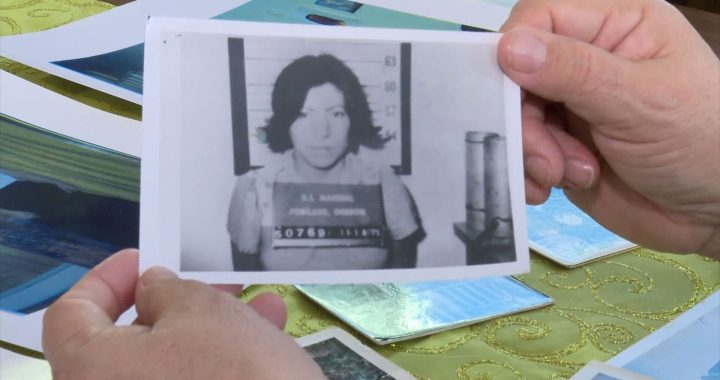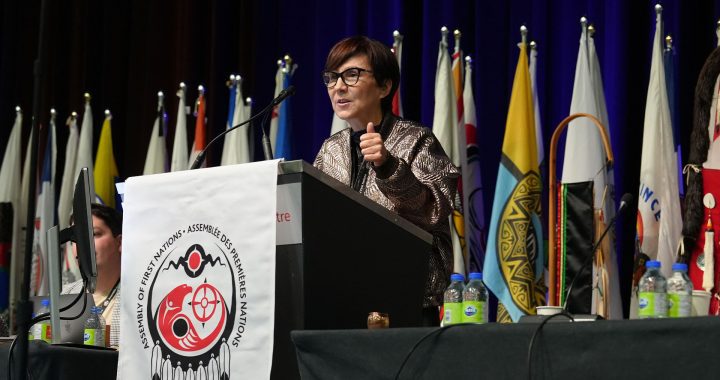Warning: the following story discusses traumatic events. If you need support, there will be contact information for several 24/7 help lines below.
On June 22, 2011, Cree mother Cindy Gladue was killed by Bradley Barton, a trucker from Ontario.
For the next decade, her story would provoke national outrage—and sympathy.
The events of that trial—dozens of references to Gladue as a “prostitute” or “Native prostitute” by lawyers and witnesses, the unprecedented decision by crown attorneys to exhibit pelvic tissue taken from Gladue’s body as evidence, Barton’s subsequent acquittal, and the multiple protests and campaigns that followed—are well-known.
Less well-known was the fact that Alberta courts had failed to hold a special pre-trial hearing under Section 276 of the Criminal Code of Canada, which would determine whether or not Gladue and Barton’s mutual history and sexual histories could properly be admitted as evidence.
Years later, in 2019—10 days before the National Inquiry into Missing and Murdered Indigenous Women and Girls released its final report—the Supreme Court of Canada ordered a re-trial for Barton in Gladue’s death.
Key in the decision to hold a re-trial was the lack of a hearing under Section 276 of the Criminal Code. The Supreme Court found that while other actions taken by the crown, defence, judge, and jury did not necessarily result in a “mistake of law,” the lack of a Section 276 hearing did.
Earlier this year, Barton was tried and sentenced. Cindy Gladue’s path to justice was complete.
APTN Investigates first covered Gladue’s case in the 2017 episode Cindy’s Story.
Melissa Ridgen now looks back at Gladue’s case, the 2019 Supreme Court decision, and 2021 re-trial and verdict, in Cindy’s Justice.
If you need support, the following help lines operate 24/7.
Canadian Human Trafficking Hotline—1-833-900-1010
Hope for Wellness—1-855-242-3310
Canada Suicide Prevention Service—1-833-456-4566
Crisis Text Line by Kids Help Phone—Text HOME to 686868












